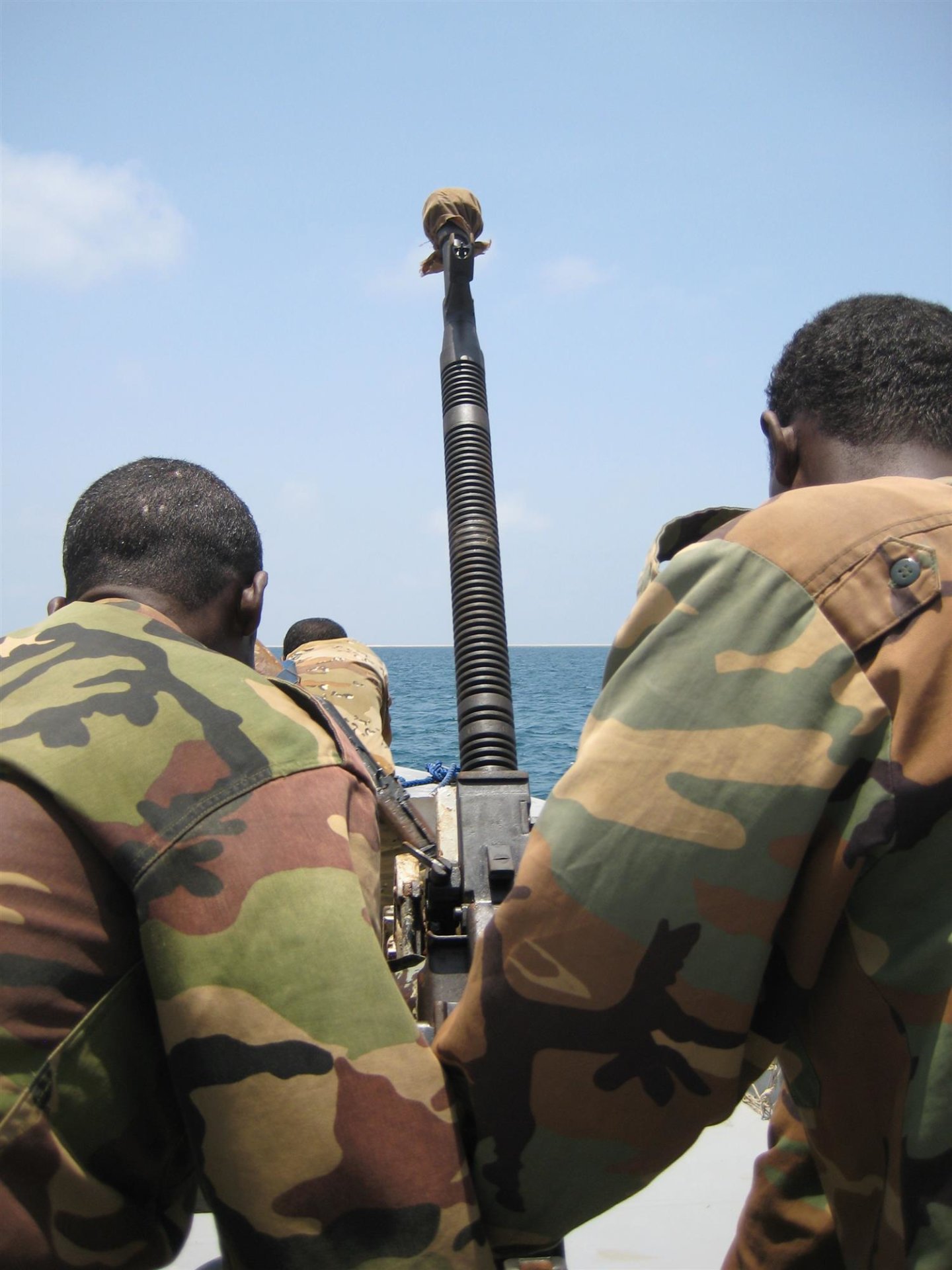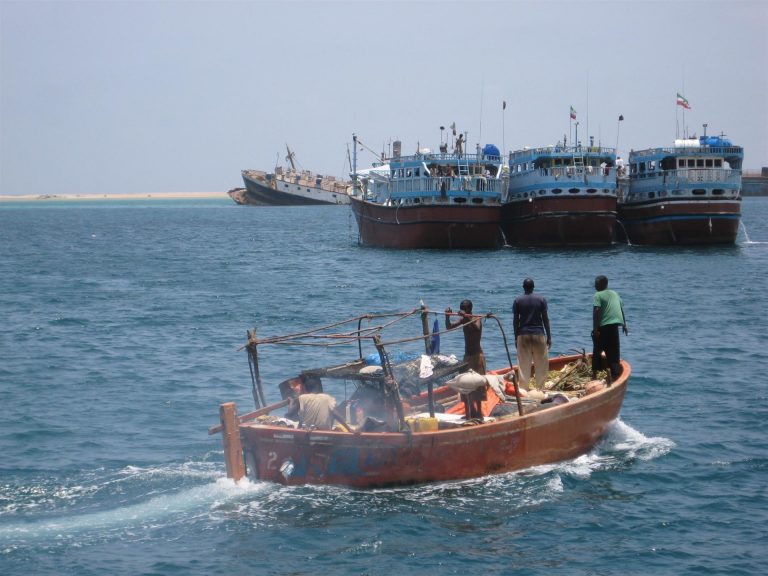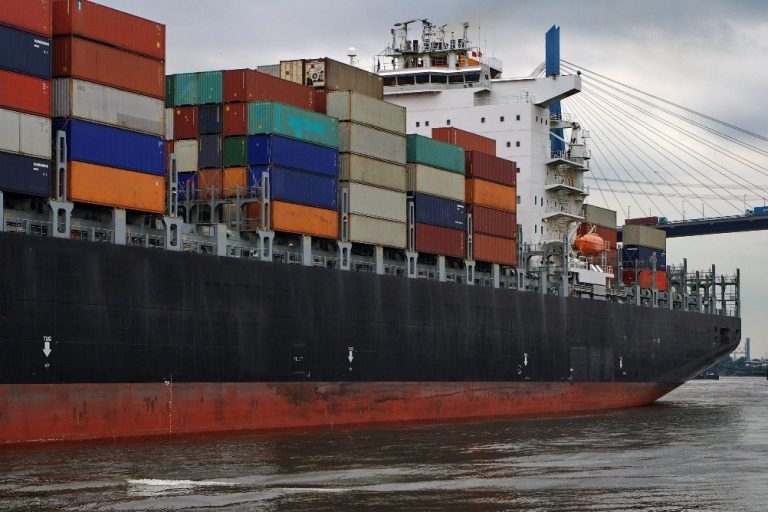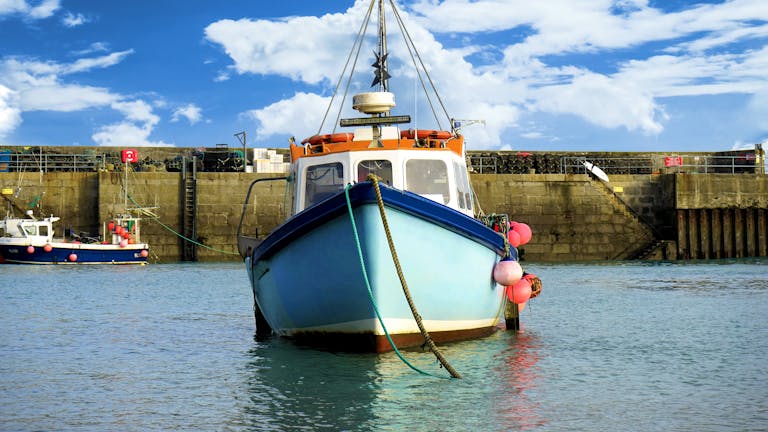Pirates—those much-romanticized scourges of centuries past—are still very much with us today, as viewers of the nightly news can attest. The unlawful activities of modern-day pirates on the high seas have achieved notoriety around the globe.
Even so, piracy is still a shadowy subject for most people, and understandably so. Few of us, even in the maritime industry, have first-hand experience with pirates. Piracy is, however, a serious problem that has far-reaching effects on the international stage.
A Worldwide Phenomenon
The general public has come to associate modern-day piracy with activities occurring off the coast of Somalia, specifically in the Arabian Sea (particularly the Gulf of Aden) and the Indian Ocean. These goings-on can be traced to the deleterious societal effects of the ongoing Somali Civil War, which have made maritime piracy an attractive alternative to poverty. Piracy in these seas diminished significantly over the last decade or so, but, in early 2017, a burst of renewed pirate activity made it clear that this problem hasn’t gone away quite yet.

Piracy is not limited to this region, however. Nor is Somalia the only nation that harbors pirates. Another hotspot for criminal activity is the South China Sea, where pirates from Malaysia and Indonesia often harass maritime vessels. In addition, the Gulf of Guinea, in the eastern Atlantic Ocean, has seen dozens of incidents in recent years.
How It Happens
Pirates use a variety of tactics to capture and board unsuspecting maritime vessels. Sometimes they use high-speed engines to quickly catch up to vessels, often approaching from a blind spot, before defensive action can be taken. Another tactic is to pose as a friendly vessel in order to gain the trust of the crew on the targeted ship.
Once aboard, pirates frequently seize hostages, demanding a sizable payout for their release. Alternatively, they may simply raid the vessel for its cargo.
The Cost of Piracy
Wherever it occurs, maritime piracy enacts a steep cost. According to the non-profit group Oceans Beyond Piracy, Somali pirates caused $1.7 billion in financial losses in 2016. If that sounds steep, consider that this figure represents a dramatic drop from $7 billion in the year 2010. In West Africa, piracy accounted for nearly $800 million in losses (2016).1
In addition to incurring heavy losses in ransom money and lost goods, the actions of pirates force local governments to devote a substantial amount of resources to counter-piracy measures, such as providing military escorts to cargo ships.
Anti-Piracy Laws
The United Nations Convention on the Law of the Sea (UNCLOS) of 1982 is the primary piece of international legislation covering piracy.
In recent years, the U.S. has assumed a more central role in the prosecution of captured pirates, often imposing harsh sentences up to life in prison. Schechter, Shaffer & Harris, L.L.P., has helped a number of piracy victims obtain suitable compensation under the guidelines of the Jones Act. If you have been harmed during the course of a pirate assault, you should contact our office as soon as possible for a free consultation.
Sources
http://oceansbeyondpiracy.org/reports/sop/summary







